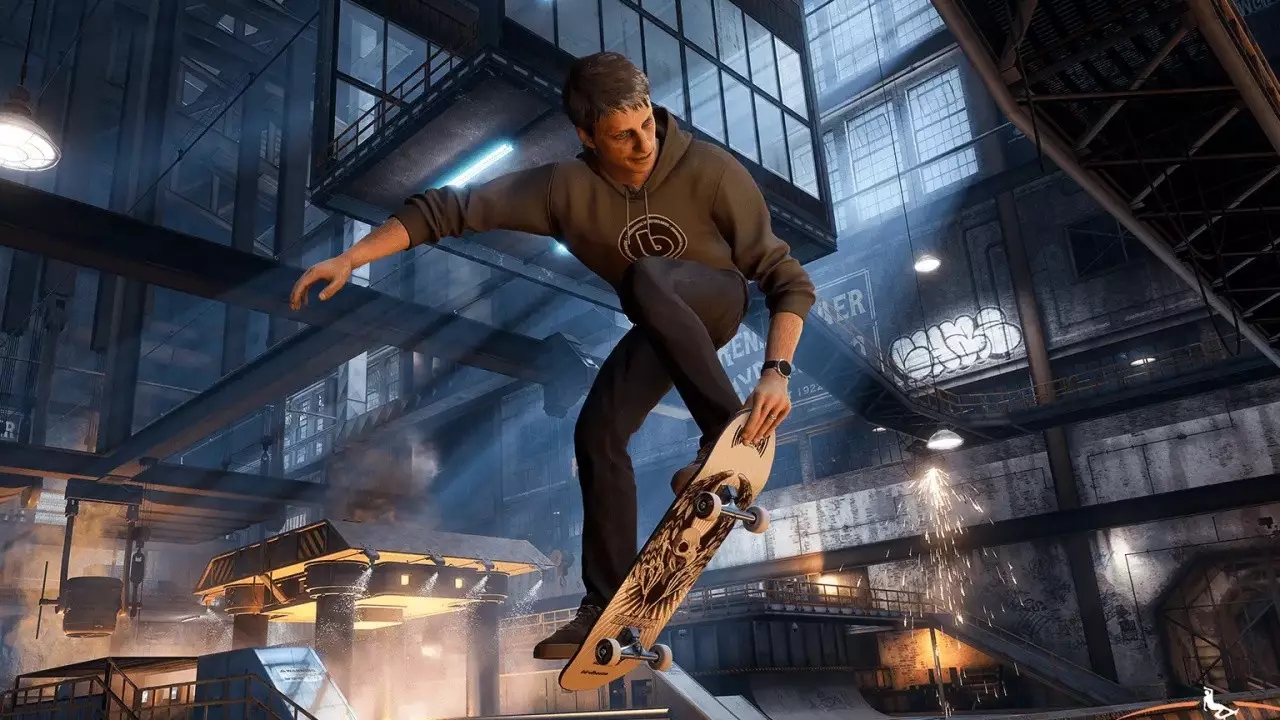The reemergence of Tony Hawk’s Pro Skater 3 + 4 marks more than just a nostalgic trip for longtime fans; it exemplifies the enduring appeal of redefining classic gameplay through contemporary technology. As a series that deeply embedded itself into gaming culture, the latest release channels the raw energy that made these titles iconic, but it also raises questions about how modern sensibilities influence beloved franchises. By revisiting the third and fourth installments, the developers attempt to strike a delicate balance between honoring tradition and embracing innovation. This endeavor illuminates the ongoing tension between respecting nostalgia and pushing creative boundaries, especially when decisions around game design and content updates depart from the originals’ proven formulas. Yet, the core gameplay remains compelling enough to draw players into the vertiginous thrill of skating that defined an era—demonstrating that good mechanics, like good music, are timeless.
Strengths That Resonate: Gameplay and Core Experience
Multiple reviews have lauded the remaster for its precise and fluid gameplay, emphasizing that even with updates, the fundamental thrill of skateboarding remains intact. Critics like IGN emphasize the mastery of skating physics that feels “more lifelike than ever,” which ensures that seasoned players experience a familiar yet enhanced sense of control. This is no small feat given the inherent challenge of balancing realism with fun; it signifies careful attention to detail that underscores how polished the core mechanics are. For newcomers, the game’s accessibility—highlighted by its “simple to pick up” nature—serves as a gateway into a world of complex tricks and high-flying stunts. The commitment to maintaining high standards in gameplay design underscores a crucial insight: elevating franchise titles without alienating the core audience is possible when the fundamental feel remains satisfying.
Content Choices and Their Contemporary Impact
However, the remaster’s approach to content has sparked considerable debate. Several reviews critique the removal of extensive soundtrack playlists that once defined the series’ identity, emphasizing how the original music contributed significantly to the nostalgic atmosphere and user engagement. The decision to excise approximately 80% of the classic tunes suggests a prioritization of modernization over authenticity, which may dilute the emotional connection fans have with the series. Similarly, the adaptation of the career mode and level design—particularly in the fourth game—has left some players feeling that the experience no longer captures the essence of what made the originals special. These choices reveal a broader challenge in remaking beloved titles: how to innovate without sacrificing the essence of what made the series enduring. While the core skating remains glorious, these changes remind us that not all updates enhance the overall experience; some may inadvertently weaken the cultural resonance.
Reception: A Mix of Praise and Reservation
The critical reception paints a picture of a game that is both successful and imperfect. Scores hovering around 8/10 indicate strong approval but acknowledge flaws. Reviewers recognize the game as a “largely successful rejuvenation,” capable of reintroducing newer audiences to the series while satisfying long-time fans. Yet, the critique surrounding soundtrack omissions and alterations to game structure hints at an underlying tension: the desire to refresh a classic while remaining faithful to its roots. This dichotomy often manifests in player debates—should remakes prioritize fidelity or modern sensibilities? Ultimately, the consensus leans toward appreciation of the polished gameplay, even if some nostalgic elements are sacrificed in the process. The effort to blend old-school charm with contemporary polish demonstrates that remakes are less about perfect fidelity and more about evoking the same emotional response.
While I won’t claim that every decision in this remaster is flawless, the overall attempt to revitalize Tony Hawk’s Pro Skater 3 + 4 is undeniably a testament to the franchise’s resilient appeal. It underscores that leveraging nostalgia can offer a potent springboard for innovation, provided that core gameplay remains compelling. As the series navigates the delicate terrain of tradition versus transformation, this latest reimagining proves that a well-executed remaster can serve as both a tribute and a fresh chapter. However, true success will be gauged not only by reviews but by how eager players are to embrace the new while holding onto the essence of what made these games revolutionary. The landscape of skateboarding games may have changed, but the fundamental thrill of the ride remains timeless—if thoughtfully preserved, it continues to inspire new generations to dream big, flip high, and skate proud.

